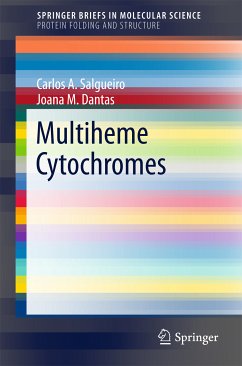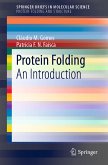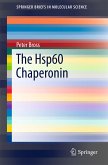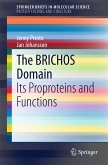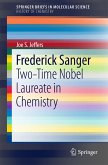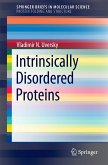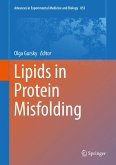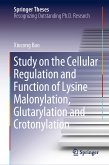This brief introduces the structural and functional characterization of this important group of proteins. The content of each chapter is aimed at the non-specialist so that key concepts, methodologies and applications can be presented in a "snapshot" style volume. Multiheme cytochromes are ever more important now that it is possible to obtain genome sequences of microorganisms which have major biotechnological and environmental implications. There is a tremendous profusion of multiheme cytochromes which have great potential as targets for bioremediation and bioenergy applications. This brief gives a glimpse of an intriguing and fast-moving field.
Dieser Download kann aus rechtlichen Gründen nur mit Rechnungsadresse in A, B, BG, CY, CZ, D, DK, EW, E, FIN, F, GR, HR, H, IRL, I, LT, L, LR, M, NL, PL, P, R, S, SLO, SK ausgeliefert werden.

